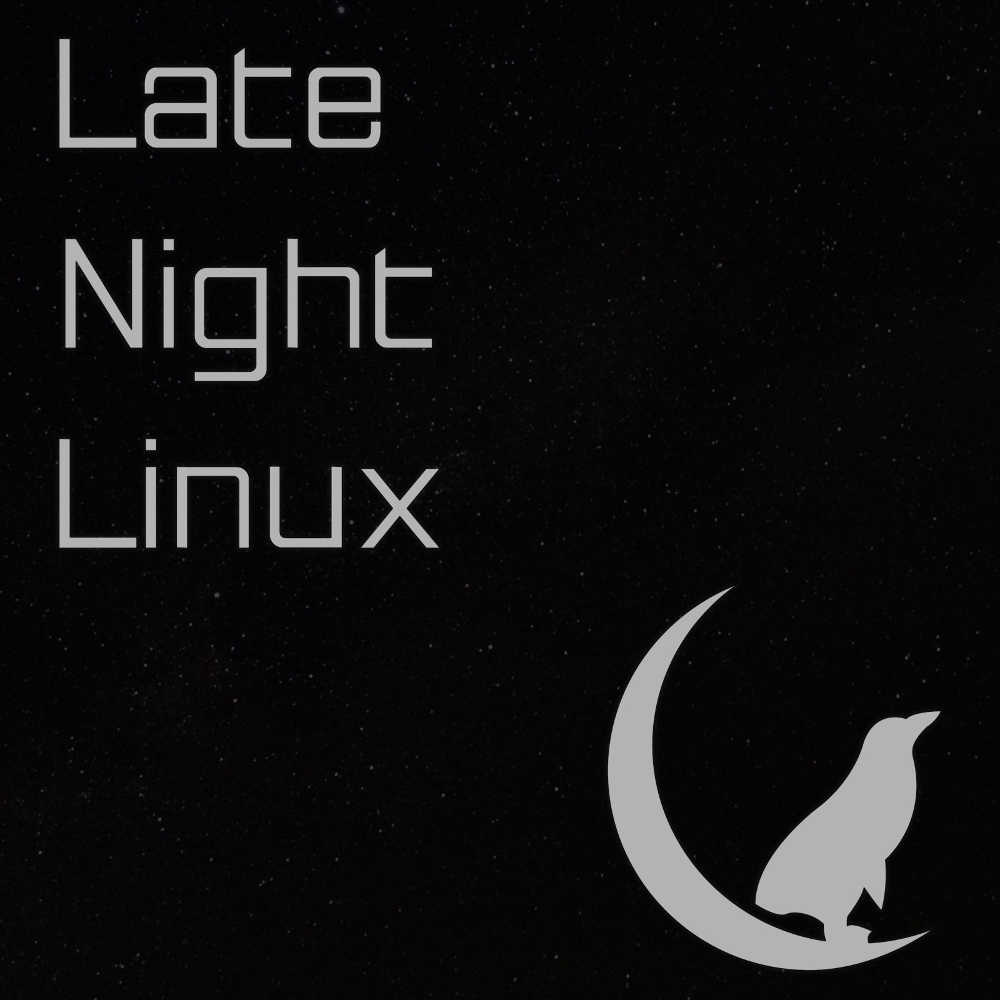Podcast (all): Download (Duration: 1:03:39 — 43.8MB)
Canonical looking to go public, Microsoft adding new distros to Windows, Raspberry Pi and Google Assistant, Android’s possible replacement, and proper convergence in action with Maru OS on LNL 11.
News
Canonical starts IPO path; very interesting related article
SUSE and Fedora being added to Windows 10
Raspberry Pi Foundation encourages kids to make their own Google Assistant in a box
Google’s copyleft-free mobile OS Fuchsia starts to come together
Entroware
This episode of Late Night Linux is sponsored by Entroware. They are a UK-based company who sells computers with Ubuntu and Ubuntu MATE preinstalled. They have configurable laptops, desktops and servers to suit a wide range of Linux users. Check them out and don’t forget to mention us at checkout if you buy one of their great machines.
Admin
Thanks to everyone for supporting us with PayPal and Patreon etc.
Linux Action News has launched
Maru OS
We are joined by Preetam D’Souza to talk about his project Maru OS which combines an Android Open Source base with a containerised Debian desktop to create a truly useful convergent device.
See our contact page for ways to get in touch.

RSS: You can subscribe to the MP3 feed or the Ogg feed.


For Fushsia OS it is an interesting contrast to BSD where vendors would fork the code and then it becomes very expensive to then pull newer a version of the kernel back in. So they end up tracking head, with a bigger chance they contribute back.
With Google managing the kernel, even with there massive resources I wonder do they have enough or would they eventually have to accept up stream contributions because there are aspects of development or a knowledge base which is not in house.
I agree that Windows Linux services are aimed at Macs not Linux, but its a failed attempt. I use Windows at home, for Itunes* only (I have an Ipod Shuffle that requires Itunes for the voice over to work — if anyone knows of an easy Linux alternative I’d love to hear of it — I listen to Late Night Linux on my shuffle on the way to work along with other Linux podcasts). I also use Mac OS X at work, as do most developers I know. I use Linux at home for personal coding projects and various other things.
Windows, in day to day use, is *HORRIBLE*. The updating system ALONE can literally eat away hours of productive time, making it a poor choice for time-crunched developers. That’s not going to be solved by Linux terminal services, let alone the Windows bloat the hampers performance (you need the most expensive powerhouse just to run acceptably) and malware galore. What developer wants to risk lock-out of his files? I’ve sat with a decently specced laptop and watched Windows update for over 2 hours if I haven’t done updates religiously, and weekly updates can take half an hour and a reboot.
Linux has the best updating system: using Xubuntu 16.04 I can theme my machine like a Mac and work without interruption as my system updates including now some pretty cool editors: Atom and Microsoft Visual Code.
Mac OS X is somewhere in between — I lost half an hour today at work for a software update that required a reboot.
I think absent IOS development (which requires a Mac and Xcode) there is a real opportunity for some distro to offer a developer friendly spin that would get most people up quickly and efficiently for developing in things like Python, Ruby, C, C++, Rust, Swift on the Server (runs on Linux), Go, etc.
The Linux desktop is just for me, a winner, I use it for personal coding projects and work where I’m not provided a laptop. Its more efficient day to day, FAR easier to use, maintain, and the only pain-point is installing it and initial set up. After that, it mostly just works. If Ubuntu is abandoning the Desktop as Ikey suggests, there is room for Solus and other distros to offer a paid-for spin for Developers, who can’t afford a Mac or don’t need IOS development tools.
Yes, Ikey I would pay for a Solus spin that got me up quickly and installed as easy as Xubuntu does now, if I had a fresh machine. It would be worth my time and I imagine the global developer customer base while not huge could be profitable. Apple makes loads with a minority market share of the smart phone market.
Nice show, guys. There was a Hacker News thread about Maru shortly after the show came out that pointed out that it runs sshd with a default password — ouch. I see that there is a GitHub issue now about fixing this, but it makes me a little uneasy about the security posture. I’d still be interested to try it out if I ever had a device that it worked for.